Table of Contents
ToggleIntroduction

The arrival of summer will bring rising temperatures, making an air conditioner necessary. Finding a good air conditioner that fits your budget, though, can be challenging, especially if you’re looking for something under $100.
But don’t worry—we’ve got you covered! To help you beat the heat this summer without going over budget, we’ve put together a list of the 7 best inexpensive air conditioners under $100 in this blog.
We have done a lot of research and have chosen the top-rated conditioners that not only provide effective cooling but also have extra features that set them apart from the competition. To make sure you get the best value for your money, we have also taken into account factors like durability, energy efficiency, and ease of installation.
We’ve got something on our list for everyone, regardless of your financial situation or simply your preference for a cost-effective option. So take a seat back, unwind, and read on to discover the ideal conditioner that will keep you cool and cozy all summer long.
What Is An Air Conditioner
A device called an air conditioner is made to cool the air in a space, structure, or vehicle by removing heat and humidity from it. It functions by using the refrigeration cycle, which involves absorbing and releasing heat by compressing and expanding gases used in refrigeration systems. A closed loop system that consists of an indoor and outdoor unit, or just one unit in the case of a portable air conditioner, circulates the refrigerant.
Warm air from the room is drawn into the conditioner and then passes over the evaporator coil that contains the cold refrigerant. The refrigerant absorbs heat from the air and cools it as the warm air comes into contact with the cold coil. The heated refrigerant is compressed and sent to the outdoor unit, where the heat is released to the outside air, while the cooled air is then blown back into the room. Until the desired temperature is reached, this process is continued.
In order to increase comfort and indoor air quality, air conditioners are frequently used in homes, workplaces, retail establishments, and automobiles. Additionally, they can aid in lowering humidity, which can lead to discomfort, the growth of mold, and other health issues. There are numerous types of air conditioners, each with unique benefits and drawbacks, including window units, portable air conditioners, split-system air conditioners, central air conditioning systems, and portable air conditioners.
How Does An Air Conditioner Work
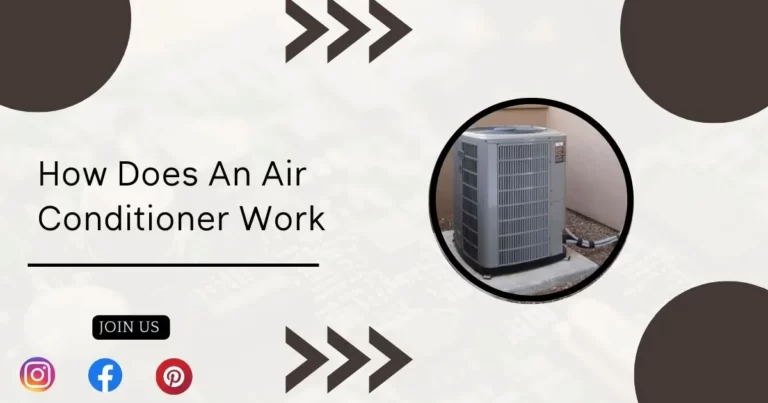
An air conditioner cools and dehumidifies the air in a room or structure before recirculating cool, dry air into the area. This is accomplished through the use of refrigeration, which uses a substance called a refrigerant to absorb and release heat.
The refrigerant is first compressed by the compressor into a high-pressure gas before being sent to the condenser. The hot gas is cooled and condensed into a liquid in the condenser, where it releases heat to the surrounding air.
After passing through the expansion valve, where it expands and evaporates into a low-pressure gas, the liquid refrigerant continues its journey. This evaporation process cools and dehumidifies the air by absorbing heat from it as it passes over the evaporator coil.
There are many different types of air conditioners, including window units, split-system air conditioners, portable air conditioners, and central air conditioning systems. The size of the space, the climate, and the preferences of the user all play a role in determining which type is best because each has distinctive features and advantages.
How To Use An Air Conditioner

Using an air conditioner is a simple process that involves a few basic steps. Here are some tips on how to use an air conditioner effectively:
- Choose the right type of air conditioner for your needs. Consider the size of the space, the climate, and your budget when selecting a conditioner.
- Install the conditioner according to the manufacturer’s instructions. This may involve mounting a window unit, setting up a portable unit, or installing a central air conditioning system.
- Turn on the conditioner and set the temperature to your desired level. It is recommended to set the temperature between 72-78 degrees Fahrenheit for optimal energy efficiency.
- Use the conditioner’s fan setting to circulate the cool air throughout the room. This will help to maintain a consistent temperature and improve air circulation.
- Clean or replace the air filter regularly to ensure that the conditioner is functioning properly and to improve air quality.
- Use the conditioner’s timer function to program it to turn on or off at specific times, such as when you are away from home or sleeping.
Consider using a programmable thermostat to control the conditioner’s temperature and settings automatically.
How To Reset Air Conditioner Remote Control

To reset an air conditioner remote control, remove the batteries and wait for a few minutes before reinserting them. Locate the reset button on the back of the remote control, press and hold it for a few seconds until the LED light on the remote control starts blinking. Release the button and wait for the LED light to stop blinking. Finally, turn on the conditioner and test the remote control to see if it is working properly. If this process does not work, refer to the manufacturer’s instructions for resetting the remote control or contact a professional technician for assistance.
Guide To Buying An Air Conditioner

Buying an air conditioner can be a significant investment, and choosing the right one requires careful consideration. Here is a guide to help you make an informed decision:
- Determine the size of the space you want to cool. This will help you choose the appropriate cooling capacity for your conditioner.
- Choose the type of conditioner that best fits your needs, such as a window unit, portable unit, central air conditioning system, or split-system air conditioner.
- Consider the energy efficiency rating of the conditioner. Look for models with Energy Star certification, which indicates that they meet energy efficiency standards set by the US Environmental Protection Agency.
- Check the noise level of the conditioner. Look for models that operate quietly, especially if you plan to use it in a bedroom or other quiet space.
- Look for additional features, such as programmable thermostats, air filters, and remote controls, which can improve convenience and efficiency.
- Consider the cost of the conditioner, including installation, maintenance, and operation.
- Read customer reviews and compare prices from different retailers to ensure you are getting the best value for your money.
Guide To Buying An Air Conditioner
1. Evaporative Air Conditioner

The Evaporative SKYICE Windowless Detachable Air Conditioner is a great option for those who need a portable air conditioner that doesn’t require installation. It has a detachable design, making it easy to move around and store. It also features a built-in evaporative air cooler that can help reduce energy costs by up to 50%.
2. Suncourt Air Conditioner

The Suncourt Equalizer Register Booster is a unique product that can help improve the airflow from your air conditioning system. It installs directly onto your existing vent register and can boost the airflow by up to 80%. This can help improve the comfort level in rooms that are often too warm or too cold.
3. 4-IN-1 Portable Air Conditioner

The Portable Air Conditioners Oscillation Evaporative Air Cooler is a versatile and efficient air conditioning unit. It can be used as an air conditioner, fan, or humidifier, making it a great option for all seasons. It also features a 90-degree oscillation function that can help distribute the cool air evenly throughout the room.
4. Portable Air Conditioner With Lights

The Portable Air Conditioner by LEAEYFE is an affordable and portable option that can be easily moved from room to room. It features a built-in evaporative air cooler that can help reduce energy costs and improve air quality. It also has a remote control for easy operation and a 24-hour timer for added convenience.
5. Mini Air Conditioner

The Upgraded Air Conditioner Portable Oscillating Air Cooler is a powerful and efficient air conditioning unit that can cool down large spaces quickly. It features a 3-speed fan and a 90-degree oscillation function that can help distribute the cool air evenly throughout the room. It also has a removable water tank for easy cleaning and maintenance.
6. Nekuya Portable Conditioner

The Nekuya Portable Air Conditioner is a 4-in-1 air conditioning unit that can cool, humidify, purify, and ionize the air. It has a built-in evaporative air cooler that can help reduce energy costs and improve air quality. It also has a 7-color LED light function that can create a relaxing atmosphere in your room.
7. MEATSONO Portable Air Conditioner

The MEATSONO Portable Air Conditioner is a rechargeable air conditioning unit that is perfect for outdoor activities, such as camping or hiking. It features a built-in evaporative air cooler that can help reduce energy costs and improve air quality. It also has a USB port for charging other devices and a 7-color LED light function for added ambiance.
Conclusion

After comparing the different air conditioning units, it is clear that there are several options available for those looking for a portable and affordable cooling solution. Each unit has its own unique features and benefits, such as built-in evaporative air coolers, oscillation functions, and 3-in-1 functionality.s
It is important to consider the size of the space that needs to be cooled, as well as any additional features that may be desired, such as remote control and LED lights. However, it is important to note that some of the air conditioning units do not specify their cooling capacity, which may be a factor to consider before making a purchase.
There is a range of options available for those looking for a cheap air conditioning unit under $100. By considering the features and specifications of each unit, it is possible to find the best air conditioning solution for individual needs and preferences.
FAQ
Most frequent questions and answers
Yes you can edit every single element.
Yes, these files are fully layered.
Click on the mask and click “B” for brush tool.
You will need Photoshop preferably version CS6 and newer.

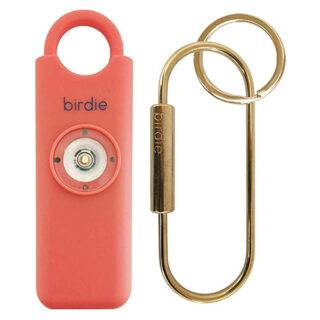
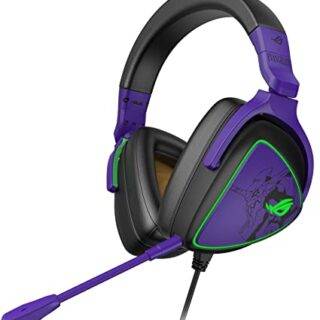

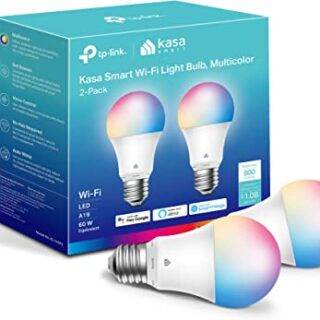
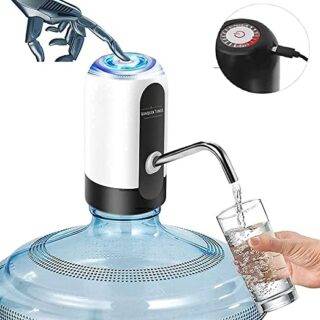
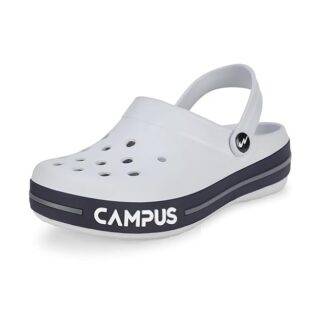
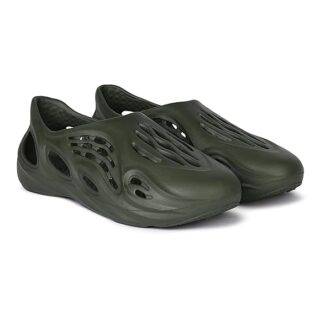
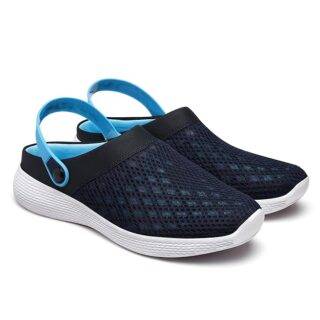

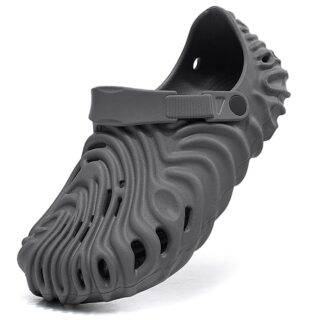
Leave a Reply